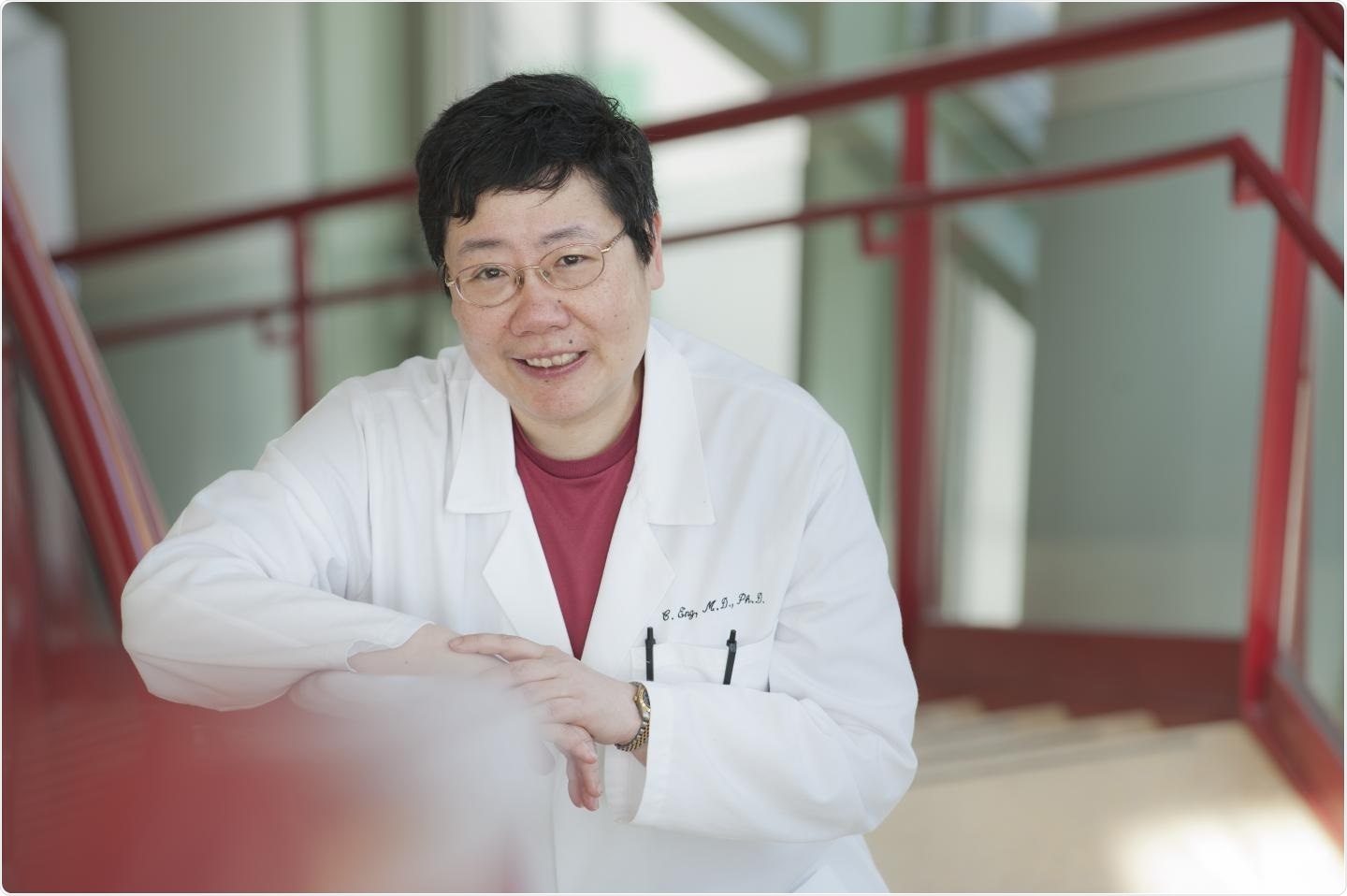A new study performed by Cleveland Clinic has underscored the significance of genetic testing and genetic evaluation for young adults, adolescents, and children suffering from solid tumor cancers. The study was recently published in the Nature Communications journal.

A new Cleveland Clinic study led by Charis Eng, MD, PhD, demonstrates the importance of genetics evaluation and genetic testing for children, adolescents and young adults with solid tumor cancers. Image Credit: Cleveland Clinic.
Solid tumors are responsible for causing 50% of cancer cases in adolescents, children, and young adult (C-AYA) patients. It is believed that most of these cases emerge from germline variants, heritable changes that affect all the cells in the body, instead of somatic changes.
However, the frequency, spectrum, and implications of these germline variants have not been clearly understood.
In this research, headed by Charis Eng, MD, Ph.D., from the Genomic Medicine Institute at Cleveland Clinic, the scientists performed the largest-to-date assessment of germline mutations in C-AYA patients suffering from solid tumors, by using an integrated dataset from St. Jude Children’s Research Hospital and Cleveland Clinic.
Among the 1507 patients examined, 12% of them were found to carry germline pathogenic and/or potential pathogenic variants in known cancer-predisposing (KCPG) genes, whereas an extra 61% carried germline pathogenic variants in non-KCPG genes.
Our findings emphasize the necessity for all C-AYA patients with solid tumors to be sent for genetics evaluation and gene testing. Adult guidelines, particularly family history, are typically used to recognize C-AYA patients with possible heritable cancer, but studies have found a family history of cancer in only about 40% of patients with pathogenic and/or likely pathogenic variants.”
Charis Eng, MD, PhD, Inaugural Chair, Genomic Medicine Institute, Cleveland Clinic
In addition, the scientists performed a drug-target network analysis to find out whether the pathogenic and/or potential pathogenic germline variants that were detected in the dataset were situated inside the genes that could possibly be targeted by drug therapies.
The researchers’ analysis revealed that 511 (34%) patients had a minimum of one pathogenic and/or likely pathogenic variant on a potentially druggable gene. The researchers specifically found that around one-third of these patients carried variants that could be targeted by currently available FDA-approved drugs.
Currently, the majority of available targeted therapies are geared to adult patients, leaving few safe and effective treatment options for C-AYA patients. However, we found that a significant number of the germline altered genes in C-AYA solid tumor cancers are targetable by FDA-approved drugs, which presents an opportunity to harness drug repurposing to identify therapeutic options for C-AYA patients.”
Charis Eng, MD, PhD, Inaugural Chair, Genomic Medicine Institute, Cleveland Clinic
Dr. Eng is also the director of the Center for Personalized Genetic Healthcare. She holds the Sondra J. and Stephen R. Hardis Endowed Chair in Cancer Genomic Medicine.
Source:
Journal reference:
Akhavanfard, S., et al. (2020) Comprehensive germline genomic profiles of children, adolescents and young adults with solid tumors. Nature communications. doi.org/10.1038/s41467-020-16067-1.